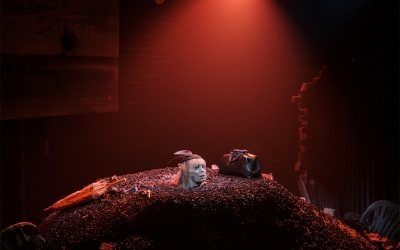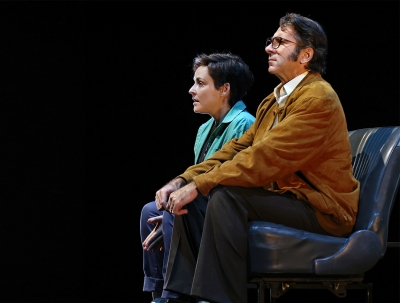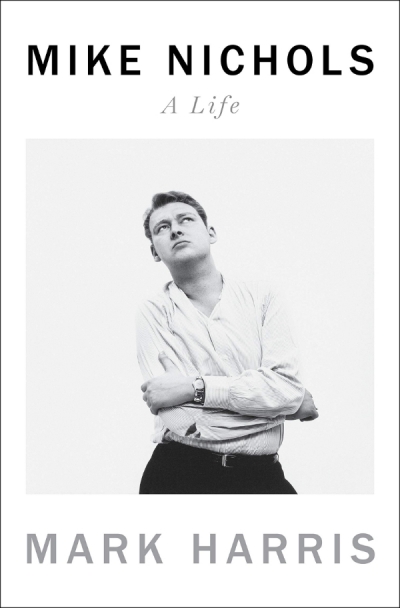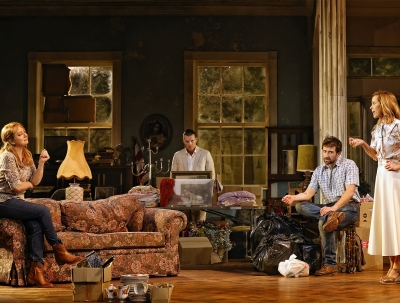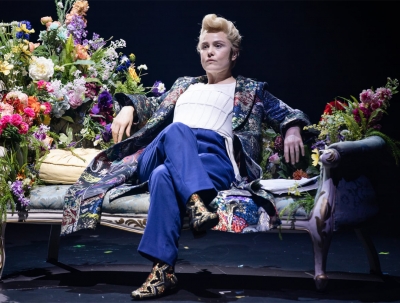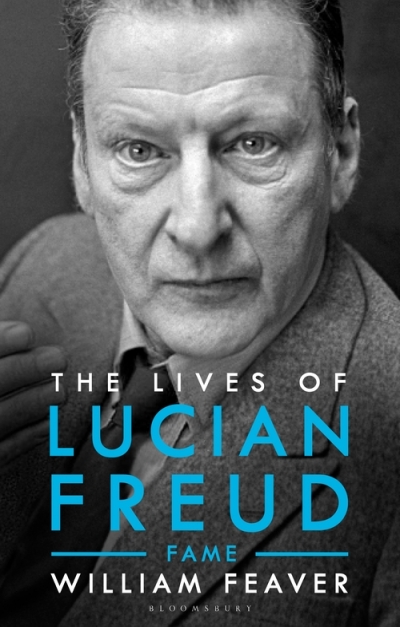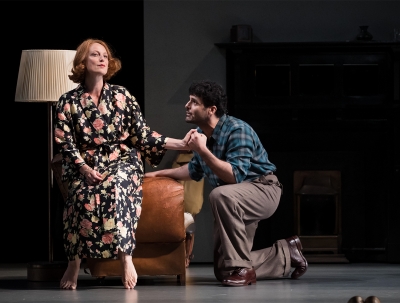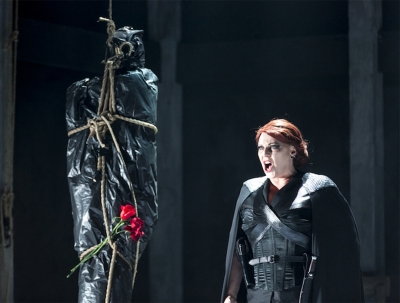Accessibility Tools
- Content scaling 100%
- Font size 100%
- Line height 100%
- Letter spacing 100%
Ian Dickson
The ABR Podcast
Released every Thursday, the ABR podcast features our finest reviews, poetry, fiction, interviews, and commentary.
Subscribe via iTunes, Stitcher, Google, or Spotify, or search for ‘The ABR Podcast’ on your favourite podcast app.
‘Where is Nancy?’ Paradoxes in the pursuit of freedom
by Marilyn Lake
This week on The ABR Podcast, Marilyn Lake reviews The Art of Power: My story as America’s first woman Speaker of the House by Nancy Pelosi. The Art of Power, explains Lake, tells how Pelosi, ‘a mother of five and a housewife from California’, became the first woman Speaker of the United States House of Representatives. Marilyn Lake is a Professorial Fellow at the University of Melbourne. Listen to Marilyn Lake’s ‘Where is Nancy?’ Paradoxes in the pursuit of freedom’, published in the November issue of ABR.
Recent episodes:
Towards the end of the first act of Happy Days, Samuel Beckett spells out clearly the question that is at the heart of his work and that of the playwrights loosely grouped under the title ‘absurdist’. His protagonist, Winnie, buried up to her waist in earth, is describing the conversation of a couple who, wandering by, have caught sight of her. The man turns to his female companion. ‘What’s she doing? he says – What’s the idea? he says – stuck up to her diddies in the bleeding ground – coarse fellow – What does it mean? he says – What’s it meant to mean? … Do you hear me? he says – I do, she says, God help me … And you, she says, what’s the idea of you, what are you meant to mean?’
... (read more)Fun Home is not your average musical. Based on Alison Bechdel’s hugely influential 2006 graphic novel of the same name – which contrasts her coming out as a lesbian with her gay father’s closeted, unhappy, and ultimately self-destructive life – Hello, Dolly! it ain’t. But in the clear-eyed, compassionate, and understanding hands of playwright Lisa Kron and composer Jeanine Tesori, it became a multi-award-winning, much-performed success.
... (read more)Picasso is supposed to have claimed that ‘good artists borrow, great artists steal’. The young American playwright Branden Jacobs-Jenkins does something slightly different. He, as it were, appropriates, taking well-known theatrical styles and adapting them to his own use. He gets old theatrical forms – the minstrel show in Neighbors (2010) or nineteenth-century melodrama in An Octoroon (2014), which this writer was fortunate enough to catch in New York, and explodes them to blisteringly funny effect. With Appropriate (first produced in 2013), he adopts that well-worn saga, the dysfunctional southern American family.
... (read more)Jali is a West African term for a storyteller – someone who can use words, music, or dance to make sense of the world for themselves and their audience. The young stand-up comic Oliver Twist, in his first theatrical piece, is proving himself to be very much a chronicler in that tradition.
... (read more)The advance publicity for Kip Williams’s production of Oscar Wilde’s novella The Picture of Dorian Gray (1890) makes much of Wilde’s aphorism ‘The only way of get rid of a temptation is to yield to it.’ In the past, Williams has found the fashionable mix of video and live performance pioneered by the Belgian director Ivo van Hove seductive. He has used it brilliantly in his production of Tennessee Williams’s Suddenly Last Summer and less so in Bertolt Brecht’s The Resistible Rise of Arturo Ui. But with his assault on Wilde’s famous work, he has yielded to it with a vengeance.
... (read more)The Lives of Lucian Freud: Fame, 1968–2011 by William Feaver
It is a truth, maybe not universally acknowledged but a truth nonetheless, that epiphanies tend to happen earlier rather than later in one’s life. Soul-shattering, life-changing experiences occur more regularly when the soul is tender enough to be shattered and the life malleable enough to be changed.
... (read more)The seismic shift which occurred in the British theatre with the success of John Osborne’s Look Back in Anger in 1956 left Terrence Rattigan high and dry. Writing for the ideal audience member he dubbed ‘Aunt Edna’ – a very different creature from her flamboyant Australian namesake – he supposedly fashioned plays that were designed to entertain the middle classes without disturbing them unduly. But a close reading of his more serious plays proves him to be every bit as trenchant a critic of British society as the ‘angry young men’ – Osborne, Wesker, and Arden – who took over the theatre in the 1950s and 1960s.
... (read more)Always read the fine print. At the base of the program for Pinchgut Opera’s production of Antonio Vivaldi’s Farnace (1727) it reads: ‘The edition of Farnace used in these performances is by Renzo Bez and Diego Fasolis, adapted with insertion arias selected by Erin Helyard.’ Translated this means that what the audience is watching is a version of the opera in which many of the arias are replaced by more popular ones from Vivaldi’s large number of other vocal works – Farnace plus Vivaldi’s greatest hits, as it were.
... (read more)

